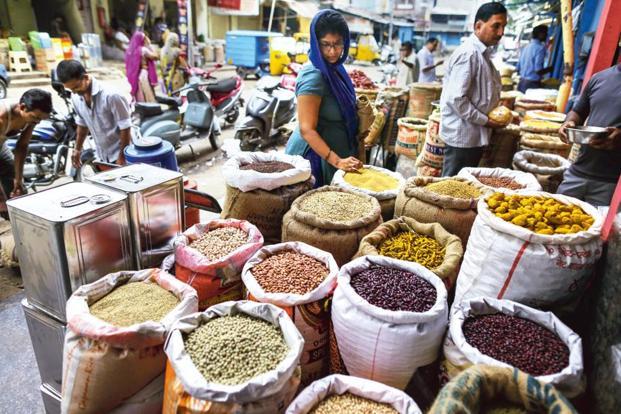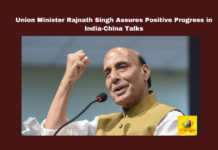

For the fourth consecutive month, India’s retail inflation has reduced. The inflation in the month of September was at 4.2%, which reduced to 3.6% in the month of October. It later fell to 2.11% in November. The cash crunch was the main factor that affected the prices of perishable goods.


The decision of Demonetisation of high denomination notes of Rs. 500 and Rs. 1000 which account for 85% of total value of currency in circulation created a cash crunch in the country. Also, the slow supply of new currency of Rs. 500 and Rs. 2000 is supposed to have led to a reduction of demand and in turn reducing inflation.
The RBI kept its interest rates unchanged due to the crude oil prices increase in the next few months which might increase the gains from vegetable prices. It said, “Volatility in crude prices and the surge in financial market turbulence could put the inflation target for Q4 of 2016-17 at some risk.”


RBI said that it is targeting at maintaining the retail inflation under 5% in the fourth quarter. The crude oil prices have reached an 18 month high at $ 56.44 per barrel on Monday. The Oil producers led by Russia on Saturday agreed to reduce crude oil output by 2% of global oil supply.
The RBI also said that “Going forward, base effects are expected to reverse and turn unfavorable in December and February. If the usual winter moderation in food prices does not materialize due to the disruptions, food inflation pressures could re-emerge.”
The estimations state that the drop in vegetable prices might bring down retail inflation in the downward line, excluding food and fuel prices which are expected to remain constant.

































